
The Butterfly Defect
How Globalization Creates Systemic Risk and What to Do About It
Read or listen offline
Amazon KindleRecommendation
Former World Bank vice president Ian Goldin and assistant professor Mike Mariathasan argue that today’s globalized, interconnected, complex world faces new risks and new opportunities. Their title derives from Edward Lorenz’s illustration of how causality works in complex systems: A butterfly flapping its wings on one continent causes a hurricane on another. The threats people face in a globalized world are not primarily local or isolated, but systemic, as evidenced when the effects of crises ripple around the world in nonlinear, unpredictable patterns. The authors’ prose is clear, their examples are accessible and their complicated topic proves historically fresh. getAbstract recommends their thesis to entrepreneurs, investors, CEOs and anyone interested in complexity, change, globalization, systemic thinking, or surviving in an interconnected world.
Summary
About the Authors
Ian Goldin, author of more than 50 articles and 19 books, including Globalization for Development, was vice president of the World Bank from 2003 to 2006. Mike Mariathasan is an assistant professor of finance at the University of Vienna.







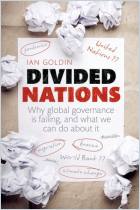
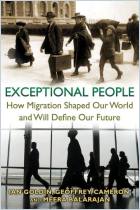
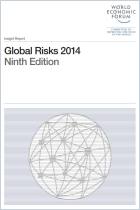
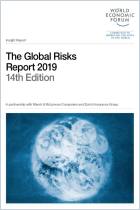
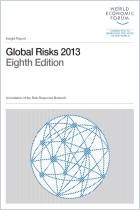

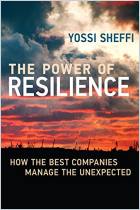
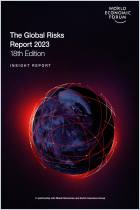






Comment on this summary or Comenzar discusión